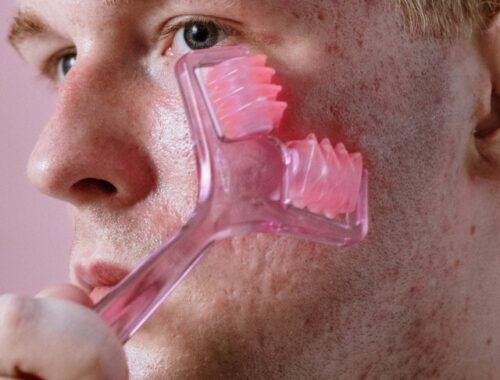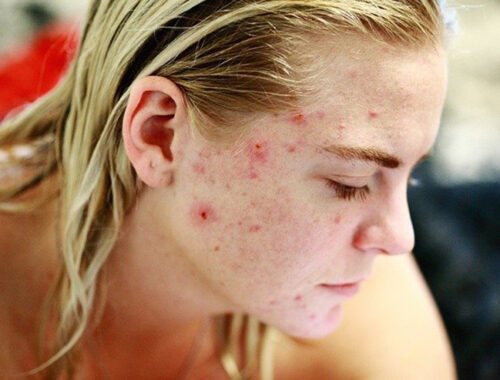Sleep is a natural state of rest when we temporarily lose our consciousness of the world.
Sleep is also a building process when the body restores its energy supplies that have been depleted through the day’s activities. In sleep the body rejuvenates and repairs itself.
Clinically speaking, a tight correlation was found between insomnia (the inability to fall asleep or to remain asleep) and acne. Sleep and skin are strongly related.
A good night’s sleep functions as a mini fast where the body starts the process of nourishing skin cells and eliminating a buildup of toxins and metabolizing free radicals.
Having inadequate sleep can slow down the toxic elimination process and lead to more blood toxic buildup that may later be expelled through our skin.
Melatonin is a natural hormone our body produces at night that helps support our immune system and healing ability. Inadequate sleep can reduce the production of melatonin, thus decreasing our healing ability.
This can result in slower healing of acne spots and lesions.
A good night’s sleep lessens anxiety and reduces stress as muscles relax, and we feel we have taken “time off” from the turmoil of modern life.
Inadequate sleep can have an opposite effect as our muscles feel tense, and we feel our accumulated stress has not been properly diffused. As we already know, stress can significantly aggravate acne.
When we get insufficient sleep, our hormone levels increase. That can result in over-stimulation of the sebum glands, which ultimately leads to more acne.
Keep in mind that most of your sleep disorders, if you have them, will magically fade away once you regulate your diet and change your lifestyle.
You will notice that you need fewer hours of sleep, yet you wake up refreshed and more vital than before. Recommended acne-clear sleep time: 11 p.m.-7 a.m., approximately 8 hours consistently and in full darkness.
Need guidance on how to get rid of your acne? Check out my Acne No More program





No Comments